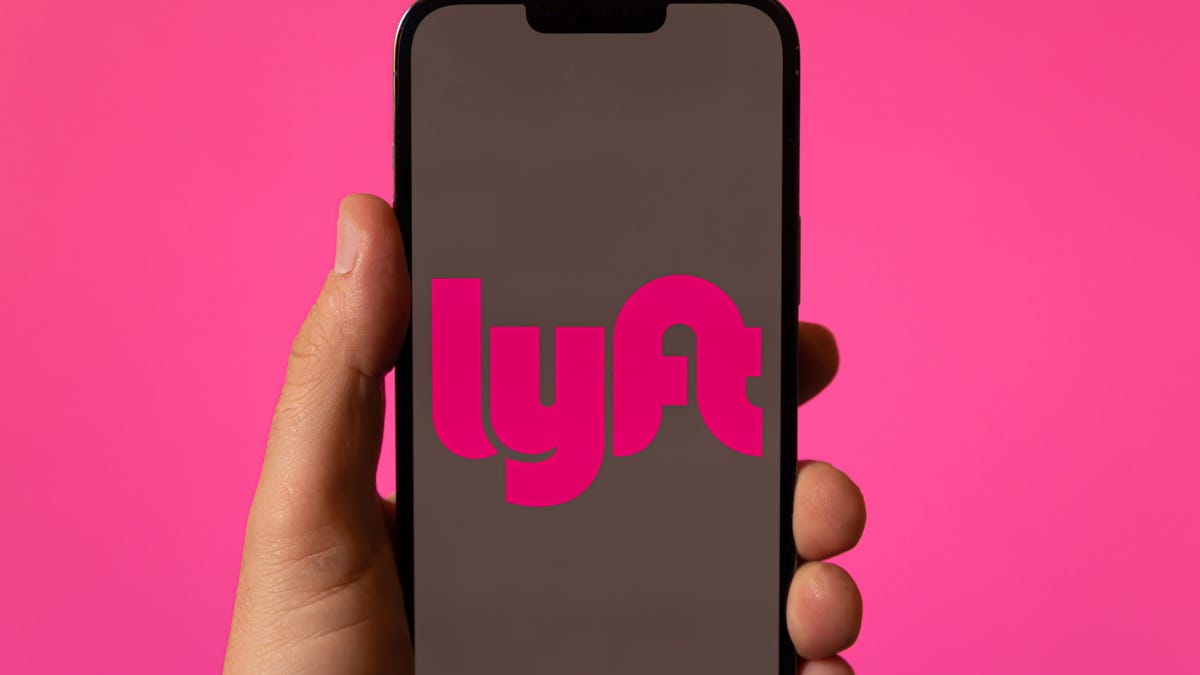Empowering Kids with AI: A Parent's Perspective on Digital Literacy
Recently, during a conversation with an adult, my daughter was asked why she didn't simply have ChatGPT design a logo for her budding business. Her response was enlightening and encapsulated the philosophy we strive to instill in our children regarding technology. She confidently answered, "Because if it does it for me, I won't know how to do it later when I'm a grown-up." This simple yet profound statement captures our family's approach to raising children in an age increasingly dominated by artificial intelligence. We view AI not as a crutch that replaces human effort but as a powerful tool that can enhance learning.
While I understand that many parents hold reservations about allowing children access to AI technologyconcerns that are often rooted in valid fears about dependency, privacy, and ethical implicationsI firmly believe that AI is an integral part of our future. Like other transformative technologies that children encounter, from the Internet to smartphones, AI should be incorporated into their digital literacy education.
In our home, AI is treated similarly to calculators or search enginestools designed to assist learning rather than replace it altogether. The goal is to empower our children to use these technologies wisely, equipping them with the knowledge and skills to navigate the digital landscape effectively.
My twelve-year-old daughter exemplifies this understanding. She has utilized ChatGPT to gain insights into coding a chatbot for her website and to learn about design principles essential for creating a logo. Importantly, she doesn't rely on AI to do these tasks for her. Instead, she engages with it as a resource to deepen her knowledge and understanding of the subject matter.
Through her interactions with AI, she has gained awareness of its imperfections. She recognizes that AI can make mistakes and understands that being knowledgeable about a subject is crucial for identifying those errors. This awareness underscores the importance of educating our children not just about what AI can do, but also about its limitations.
As a parent, I feel a strong responsibility to guide my children in their relationship with technology. In today's digital age, it is essential to acknowledge that our children will inevitably encounter powerful technological tools, regardless of whether we choose to engage with them. If we don't initiate these conversations ourselves, there is a risk that they will learn from unreliable sources or stumble upon misinformation, which is not the outcome we desire.
Thus, we maintain an open dialogue about the advantages and disadvantages of AI. We discuss its potential impact on critical thinking, creativity, and even the environmental costs associated with its use. Some discussions are straightforward, while others delve into more intricate ethical concerns. However, I believe these conversations are all vital for fostering a well-rounded understanding of the digital world.
In our household, we strive to model responsible use of technology. We frequently discuss AI's environmental impact, making intentional choices about how we engage with it. For example, we consciously refrain from participating in trending activities like generating images of ourselves as action figures or writing humorous pep talks. While these may seem harmless or entertaining, we aim to impart the lesson that every action has consequences, even if they are not immediately visible.
To ensure our family's privacy and security, we've implemented controls that prevent platforms like ChatGPT from using our data for training purposes. We've had in-depth conversations about the permanence of online information, emphasizing that anything shared on the internet can easily exceed our control, regardless of the security measures in place. Moreover, we discuss what constitutes proper use of AI in the context of academic assignments and where the line is drawn into unethical behavior, such as cheating. We also emphasize the importance of fact-checking AI-generated information to prevent the spread of misinformation.
This journey toward understanding how to navigate an increasingly online world is ongoing. However, I am confident that the efforts we invest today will empower our children to engage thoughtfully and ethically with technology in the future. By providing them with informed guidance now, we are preparing them to be adept and conscientious technology users in a world that is bound to become more intricate as they mature.























